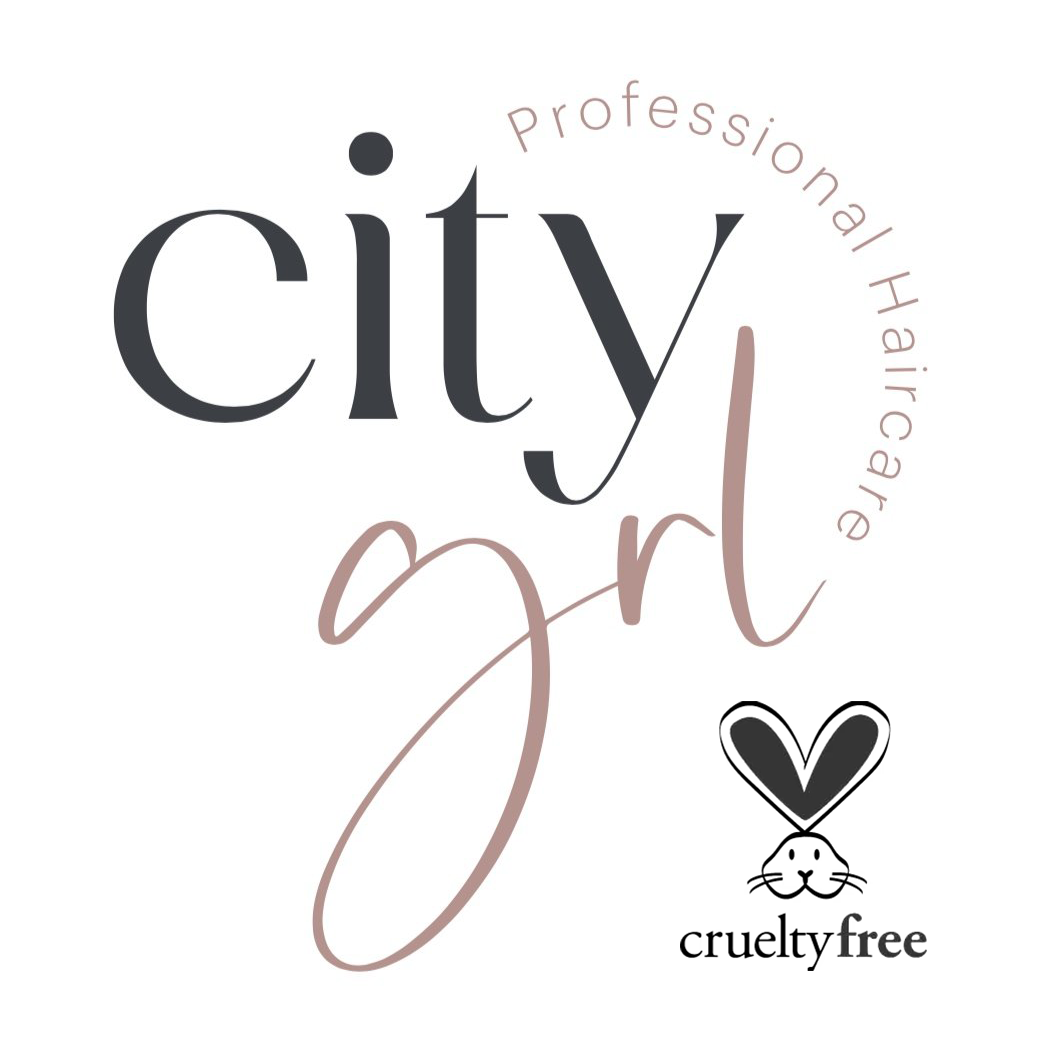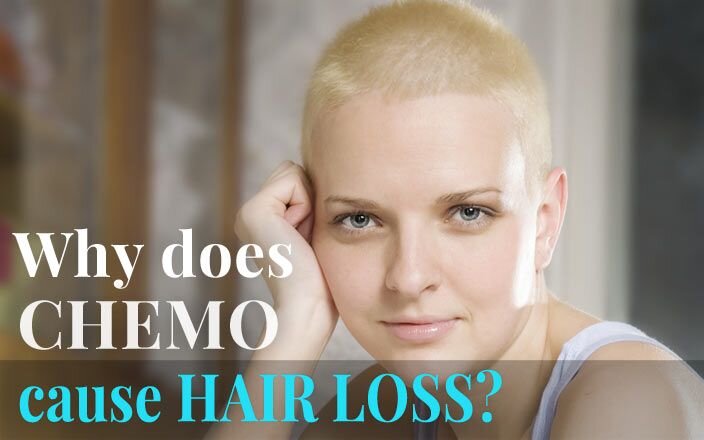How Does Cancer Treatments Effect Hair?
It can be hard to predict which patients will lose their hair and which ones won’t, even when they take the same drugs. Some drugs can cause hair thinning or hair loss only on the scalp. Others can also cause the thinning or loss of pubic hair, arm and leg hair, eyebrows, and eyelashes. Radiation therapy to the head often causes scalp hair loss. Sometimes, depending on the dose of radiation to the head, the hair does not grow back the same as it was before.
Why Does Hair Loss Occur?
Chemotherapy drugs are powerful medications that attack rapidly growing cancer cells. Unfortunately, these drugs also attack other rapidly growing cells in your body — including those in your hair roots.
Chemotherapy may cause hair loss all over your body — not just on your scalp. Sometimes your eyelash, eyebrow, armpit, pubic and other body hair also falls out. Some chemotherapy drugs are more likely than others to cause hair loss, and different doses can cause anything from a mere thinning to complete baldness.
Talk to your doctor or nurse about the medication you'll be taking. They can tell you what to expect.
Fortunately, most of the time hair loss from chemotherapy is temporary. You can expect to regrow your hair three to six months after your treatment ends, though your hair may temporarily be a different shade or texture.
What Should I expect during treatment?
Hair usually begins falling out two to four weeks after you start treatment.
It could fall out very quickly in clumps or gradually. You'll likely notice accumulations of loose hair on your pillow, in your hairbrush or comb, or in your sink or shower drain. Your scalp may feel tender.
Your hair loss will continue throughout your treatment and up to a few weeks afterward. Whether your hair thins or you become completely bald will depend on your treatment.
Will it grow back?
It may take several weeks after treatment for your hair to recover and begin growing again.
When your hair starts to grow back, it will probably be slightly different from the hair you lost. But the difference is usually temporary.
Your new hair might have a different texture or color. It might be curlier than it was before, or it could be gray until the cells that control the pigment in your hair begin functioning again.
Before Treatment
Be gentle to your hair. Get in the habit of being kind to your hair. Don't bleach, color or perm your hair — this can weaken it. Air-dry your hair as much as possible and avoid heating devices such as curling irons and hot rollers. Strengthening your hair now might make it more likely to stay in your head a little longer during treatment.
Consider cutting your hair. Short hair tends to look fuller than long hair. So as your hair falls out, it won't be as noticeable if you have short hair. Also, if you have long hair, going short might help you make a better transition to total hair loss.
Plan for a head covering. Now is the time to start thinking about wigs, scarves or other head coverings. Whether you choose to wear a head covering to conceal your hair loss is up to you. But it's easier to plan for it now rather than later. Ask your doctor to write a prescription for a wig, the cost of which may be covered by your health insurance.
During Treatment
Baby your remaining hair. Continue your gentle hair strategies throughout your chemotherapy treatment. Use a soft brush. Wash your hair only as often as necessary. Consider using a gentle shampoo.
Consider shaving your head. Some people report that their scalps feel itchy, sensitive and irritated during their treatments and while their hair is falling out. Shaving your head can reduce the irritation and save the embarrassment of shedding.
Protect your scalp. If your head is going to be exposed to the sun or to cold air, protect it with sunscreen or a head covering. Your scalp may be sensitive as you go through treatment, so extreme cold or sunshine can easily irritate it. Having no hair or having less hair can make you feel cold, so a head covering may make you more comfortable.
After Treatment
Continue gentle hair care. Your new hair growth will be especially fragile and vulnerable to the damage caused by styling products and heating devices. Hold off on coloring or bleaching your new hair until it grows stronger. Processing could damage your new hair and irritate your sensitive scalp. I would recommend Elevate Leave In smoothing Primer for tangles and added protection.
Be patient. It's likely that your hair will come back slowly and that it might not look normal right away. But growth takes time, and it also takes time to repair the damage caused by your cancer treatment.




